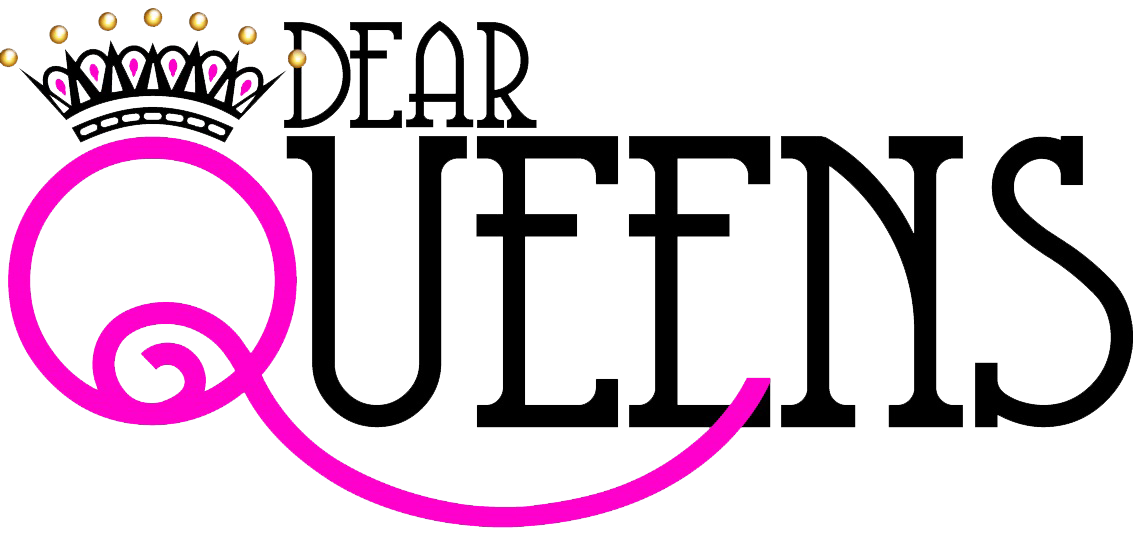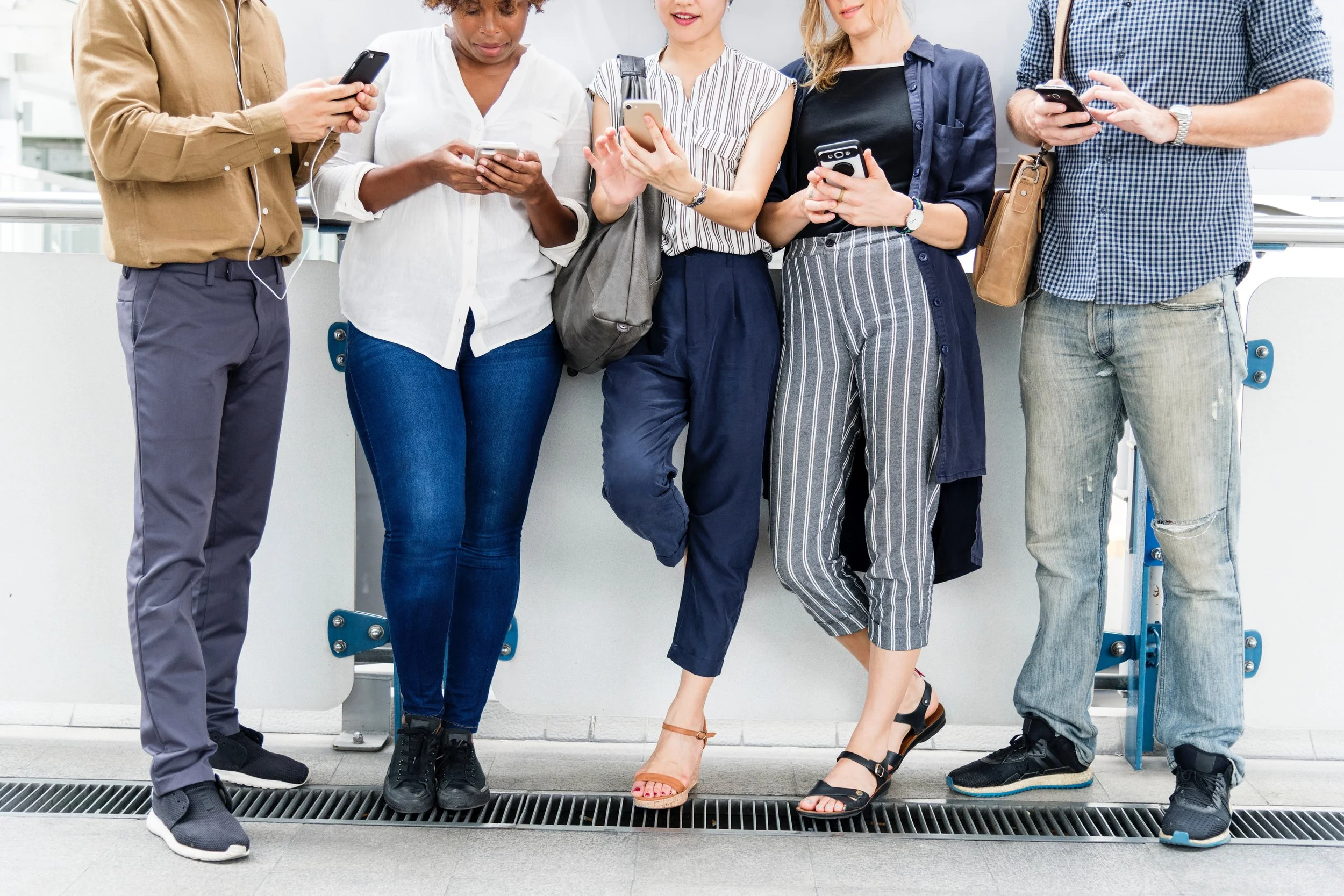Why I Quit Social Media and How It’s Improved My Life
At this point I’m positive that any millennial can attest to how addictive social media is. I’m sure there’s a handful of baby boomers can testify to the same thing. Constant access to family, friends, and strangers makes you feel like you’re connected without really being connected. Having the ability to directly interact with people near or far without the undivided attention a phone call requires, may seem like life’s dream. Being there without really being there seems like a lifehack. In theory, social media is great for social connectivity — in practice, not so much.
Much like there’s the good parts of social media, there is the side that lands on the spectrum of stalker-ish behavior, constant comparison, and feelings of inferiority. With people’s constant accessibility to each other’s lives, we’re exposed to a way of living that makes us feel inferior if our lives don’t mimic theirs. There are countless stories of the effects social media has on individual perception and the quality of our lives. We compare our true lives to the lives others portray online — lives that may not be as true as the ones we’re living. We digest these trends, behaviors, attitudes for hours each day and wonder why we feel insecure and unfulfilled.
I’ve been there. This behavior consumed me more than I would have liked to believe. I would take short hiatuses, and with every return I made, I fell into the same trap: Comparing my life, my beauty, my brand, my job, my relationship status — everything, really — to those with a prettier Instagram feed. I’d compare my influence to those with tweets that garnered more engagement than mine. I’d look at flyers and wonder why I wasn’t asked to be keynote speaker for some of these events.
GG Renee wrote it clear as day: “if you'’re not careful to check your ego and the messages that can sneak into your head, you can get out of alignment with yourself, chasing an image or a lifestyle that’s not really you, envying opportunities that you don’t even want.”
That was me. Praying for situations that Lord knows I didn’t want, just so my life could be more appealing online. Just so others can look at my feed and aspire to be who I’ve become. But frankly, I didn’t even like who I was becoming. I did all this work to get closer to Christ — and myself — yet I had a burning desire to live a life that was everything but. I wanted the life that people portrayed on Snapchat, with the career fulfillment they portrayed to have on LinkedIn. I got so weighed down with the allure of everyone else’s life, I didn’t even know what I wanted for mine anymore.
How much of this was my desire, and how much of it was jealousy? Or ego? Or a need for acceptance?
So I got off. Not from my active use — in order for my brand to grow I have to engage and post on my social channels — but from my passive use (the act of aimlessly scrolling timelines). This was different from the ‘break’ I experienced previously. This was me taking a real leave — longterm. It was me making a life change for my use.
AND IN DOING SO, Here’s what happened:
I had more time to tend to my own emotional, mental, and physical needs
I actually connected and checked on my friends — via phone calls and texts
I learned more about my own desires and goals — independent of whats popular online
I produced more content
I had more time for self reflection
I spent more time with God
I read more books, and finished them quicker
I watched more TV that I enjoyed and processed scenes independent of the opinions of Black Twitter
Because of that, the following things have occurred:
More intentional use of social media, resulting in less addictive use: by not allowing myself to endlessly scroll, my social media use was cut in half, while still being more productive. I was more deliberate with what I shared and interacted with on all social outlets. I no longer found myself in the abyss of memes, selfies, or people’s vacation photos.
More dedicated alone time: I posed a question on Twitter not too long ago — if all your alone time is spent online, how much do you know yourself? This is an honest question. Without social media, I’ve been able to process my thoughts and form my own opinions. I’ve been able to dedicate my alone time to communing with God and self, and not so much with snooping to see what other people are doing. My alone time has been fully committed to being alone, and thus I’ve had far more time to cater to myself.
Maximized productivity: with less time wasted on social media, I’ve been able to put more time into what I love most: writing and self-discovery. Without the distraction of social media, I’ve been able to allocate more time to work and reflection, and simply doing the things I enjoy without having to post or share about them immediately. I was able to use my lived experiences to create better content and pitch creative concepts.
Less comparison, more connection: without aimlessly scrolling my timelines for hours, I was able to connect more directly with people both online and in-person. I compared myself far less than before, because I was perusing far less profiles than I used to. I was able to go directly to the profiles that I was most interested in, and engage with them there — once again, being intentional.
More genuine connection with friends: social media gives us a very vague idea of how our friends are doing. Because of that, we rarely take time to engage in one-on-one communication with them. We replace texts with tweets and instead of sharing moments with them, we expect them to read about it on our IG stories or in a Facebook posts. Having quit all that, I’ve had to be more focused on checking in with friends. This has strengthened those relationships. Just because we see them doesn’t mean we know how they’re doing — picking up the phone and checking on them has made a world of difference.
More genuine connection in social settings — now that I wasn’t glued to my phone, I was able to actually have conversations with the people right in front of me, and listen attentively. While it’s admittedly awkward when you’re the only one not on the phone, it is increasingly more rewarding when I’m able to form genuine connection with someone in its absence.
Here’s how I quit:
I deleted the apps or moved them to the last screen on my phone: Not seeing the apps on my phone everyday made it easy to forget the fact that they existed. I deleted the apps of those I was most addicted to (Twitter), and simply hid the apps of the ones that were easier to part with (Instagram and Facebook).
I only logged in at work: It sounds weird, but considering that I don’t have much work-time to play on social media, I had to be incredibly intentional (and quick) about what I posted and with whom I engaged. I created a list of my favorite folks on Twitter that I can quickly look through and engage with — as opposed to scrolling through my entire timeline. On Instagram, I settled in on specific folk whose posts I wanted to comment on or like. Sometimes it was based on who most recently liked mine. Other times it was based on the first images I saw when I logged on, because again, no aimless scrolling! Logging in only at work, also helped me focus in on the times I decided to consume social media — making it a point to not log on too early in the morning or too late at night.
I found fillers: Since my mind had to stay busy I found low maintenance activities to keep my mind going. Puzzles, good books, and binge watching TV series helped tremendously. This helped me fill up my free-time when I wasn’t working or writing.
I started communicating directly with people I knew: All the good news that I’d usually post online, I now texted to someone close to me. I started sharing my news, discoveries, and highlights with people who actually cared about me. I didn’t pursue likes from social media anymore, rather, I sought support from the people who actually know me. I shared ideas and encouraged discussion with people I actually knew, which helped keep me from feeling the need to do so online.
While I still struggle with losing such a powerful source of connectivity, the good outweighs the bad. I have become more productive & intentional, more at peace and confident, and more connected to friends (and fostering friendships) than I’ve ever been. I continue to implement this meaningful change because the trade off is certainly worth it.

